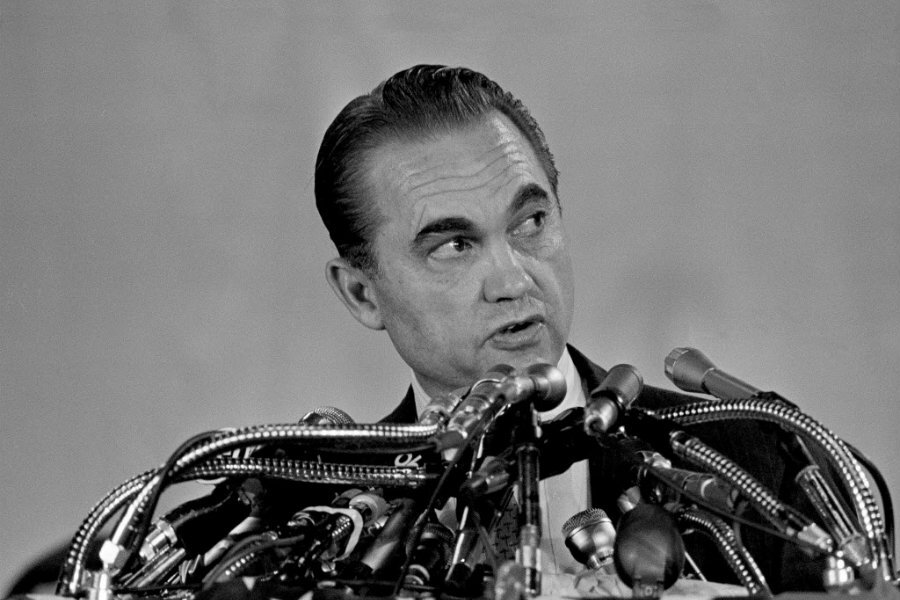
Reflecting on George Wallace’s 1963 promise of “segregation forever” and his 1979 apology to the congregation where Martin Luther King Jr. used to preach, our commentator learns that “forgiveness controls the future.”
As this year’s Martin Luther King Jr. Day approached, my thoughts turned to George Wallace, who for years as governor of Alabama opposed King at every turn – and then apologized.
The pathos of Wallace’s full-circle story took me away from weighing and measuring whether one deserves forgiveness to the artesian dimensions of the heart, where only unconditional love flows.
Questions like “How much should I forgive?” or “How many times can I forgive?” became totally useless. And in the absence of questions, came the answer: Love is the only path toward a sustainable world. Forgiveness controls the future.
Bending 1950s-era injustices
As a young man, King learned from his father, the pastor of Ebenezer Baptist Church in Atlanta, about the power of the Black church as an unending source of faith to drive social change.
And that’s exactly what King did at Dexter Avenue Baptist Church, in Montgomery, Alabama, where he began as pastor in September 1954.
While preaching a theology of true freedom, he facilitated nonviolent protests like the Montgomery Bus Boycott, bending 1950s-era injustices toward the nation’s ideal that “all men are created equal.”











